Vitamins to help boost your mood

Vitamin D
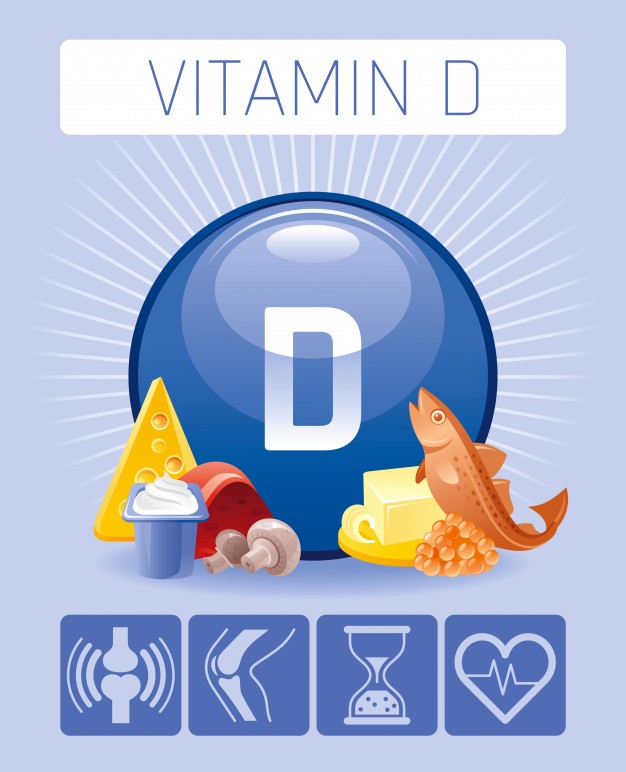
Vitamin D and depression studies have shown a link between Vitamin D deficiency and depression. Researchers behind a 2013 meta-analysis noticed that study participants with depression also had low Vitamin D levels. The same analysis found that, statistically, people with low Vitamin D were at a much greater risk of depression.
Researchers believe that because Vitamin D is important to brain function, insufficient nutrient levels may play a role in depression and other mental illnesses. An earlier 2005 study identified Vitamin D receptors in the same areas of the brain associated with depression.
Vitamin B3
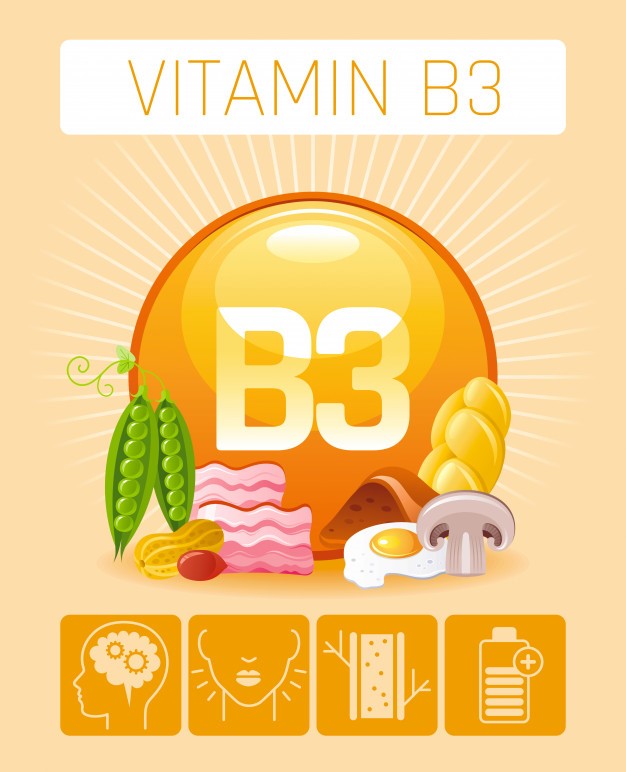
Niacin, also known as Vitamin B3, is involved in the production of serotonin, a neurotransmitter that enables brain cells and other nervous system cells to communicate. Too little serotonin has been linked to depression and your body requires a healthy amount of Vitamin B3 to maintain enough of it. In other words, a deficiency in Vitamin B3 can impair levels of serotonin and negatively impact your mood.
Vitamin B6
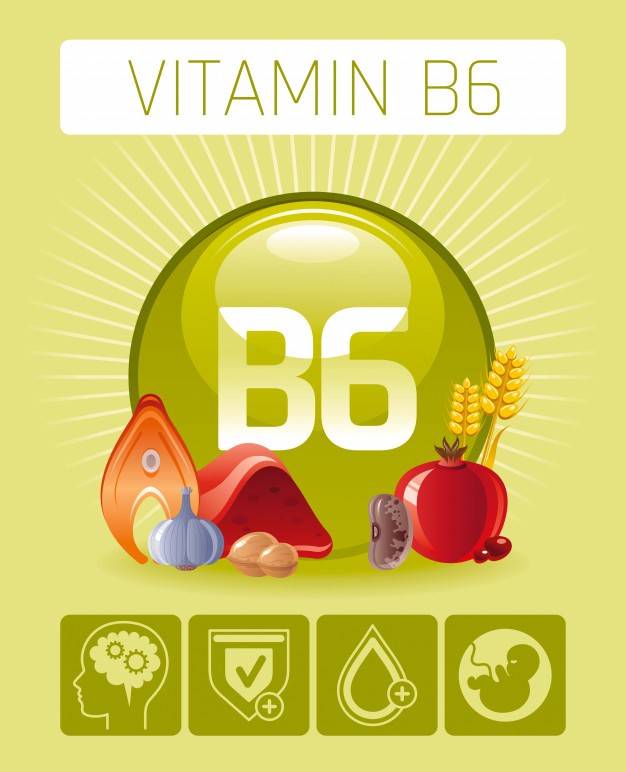
Also known as pyridoxine, Vitamin B6 plays an important role in a wide array of bodily functions, both physical and psychological. It is especially vital when it comes to nerve functioning, which is one of the reasons it is commonly associated with neuropsychiatric disorders, including depression. Vitamin B6 is highly involved in the metabolism of estrogens, so deficiency can be related to PMS and hormone imbalance depression.
Folate or Vitamin B9

This necessary nutrient, which also goes by the name of folic acid or Vitamin B9, helps the body in the creation of new cells. This is one of the reasons it is so important for pregnant women to get their fair share. In fact, pregnant women experiencing a Vitamin B9 deficiency are at risk for delivering a baby with neural tube defects such as anencephaly and spina bifida. Additionally, a deficiency can cause depression. Folic acid can help synthesize serotonin, which is a neurotransmitter involved in mood regulation. Research has found that many people suffering from depression consume low levels of folic acid as well as Vitamin B12.
Vitamin B12
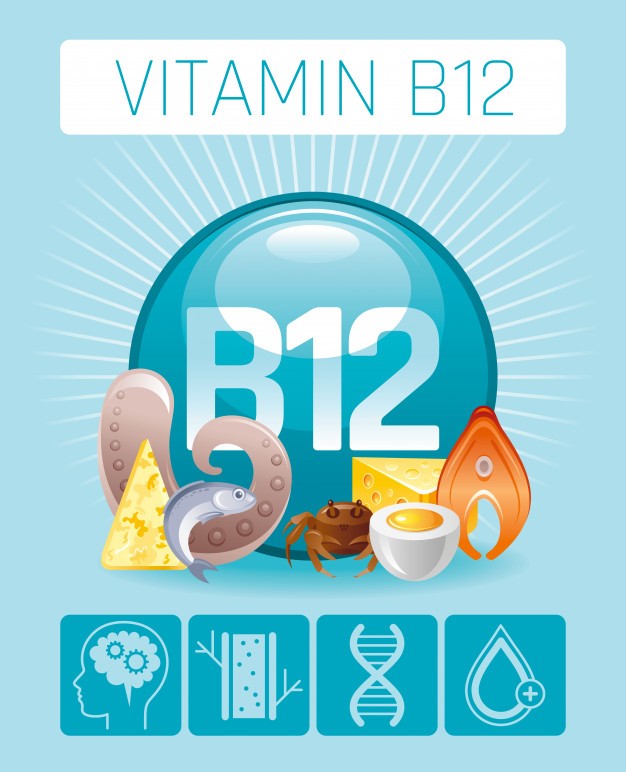
This vitamin has been known to boost mood and energy and reduce depression. A severe Vitamin B12 deficiency can lead to deep depression, paranoia, delusions and memory loss.
Vitamin C
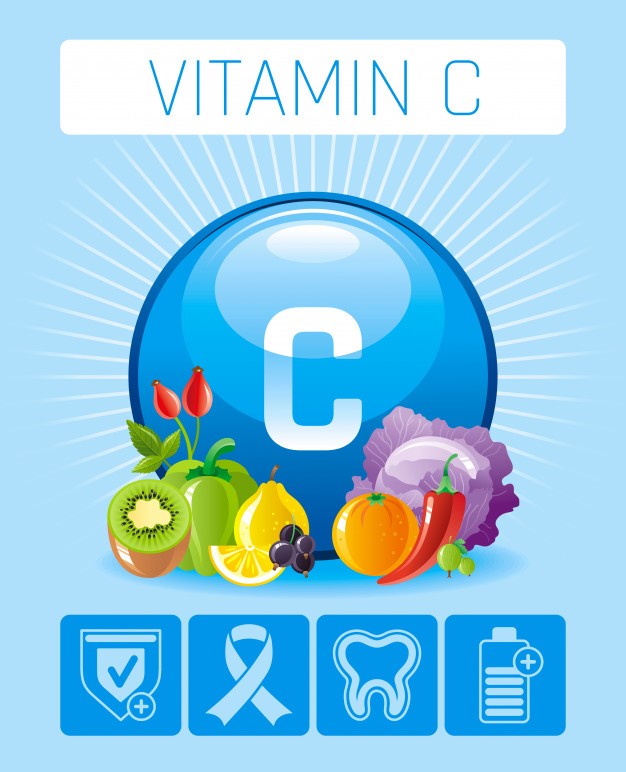
Plenty of research has found a link between Vitamin C and mood, as well as cognitive functioning, especially in the elderly.
Studies have shown a significant reduction in anxiety and depression when sufficient levels of Vitamin C are taken, either by diet or supplements. Since it’s a water-soluble vitamin and not stored by the body, it must be taken regularly to ensure healthy levels are maintained.
Magnesium

Magnesium helps with relaxation, muscle tension, constipation & more and also plays a key role in the production of brain hormones. Magnesium can help with insomnia.
Iron

Some of the biggest signs of an iron deficiency are low energy, chronic fatigue and mood changes. Should these common symptoms sound familiar to you, you might be one of the almost 10 percent of women or 2 percent of men who suffer from a deficiency.
